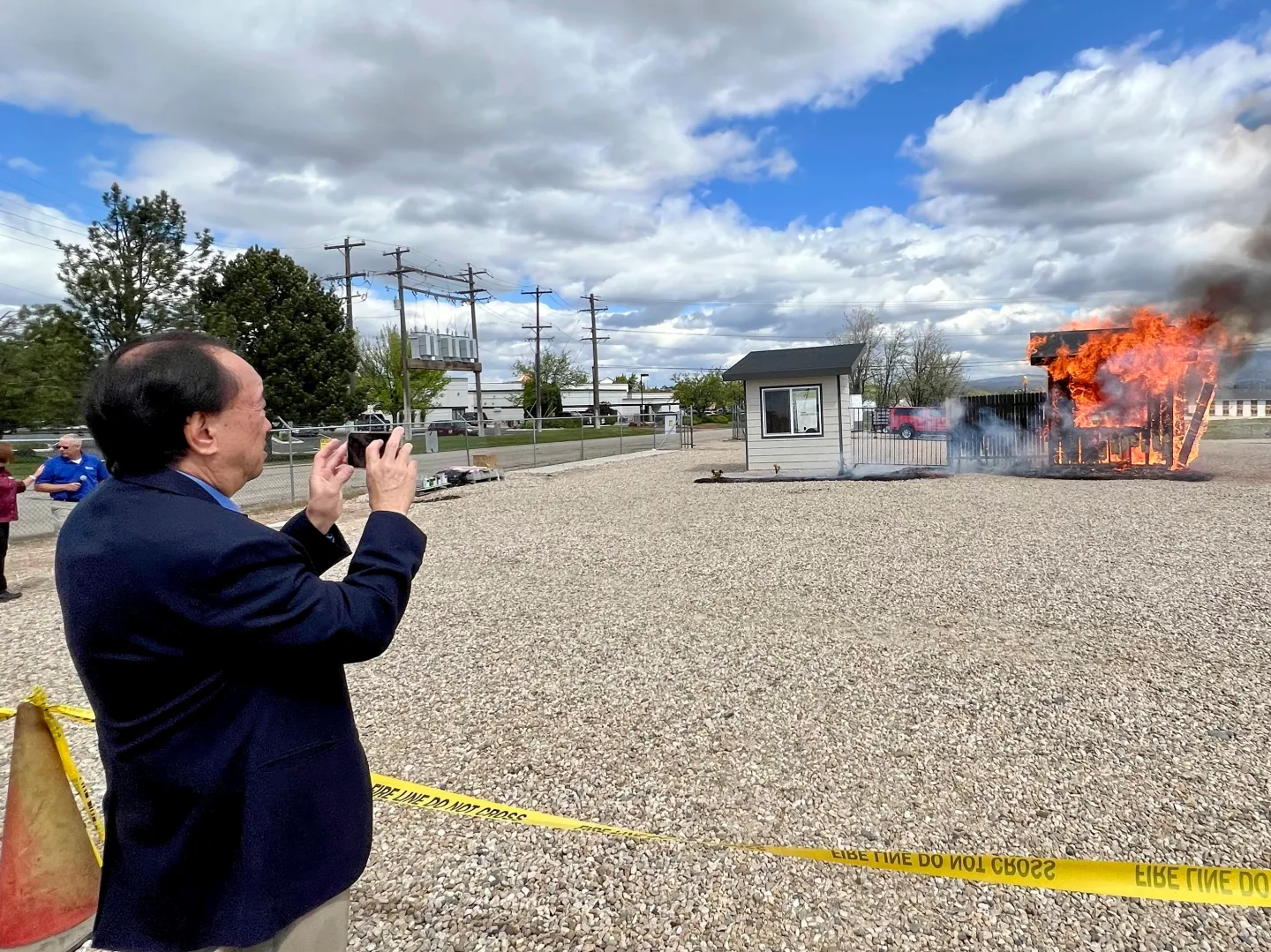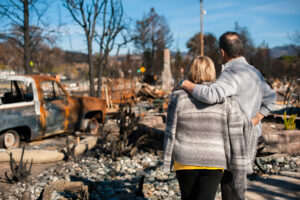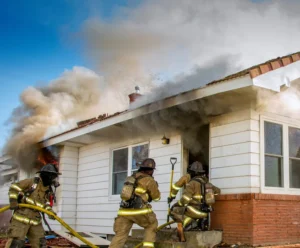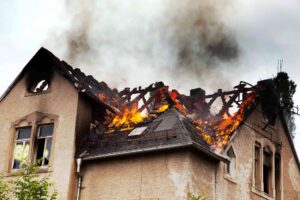In today’s world of uncertainty, insurance plays a crucial role in providing financial security and peace of mind. Among the many insurance options available, fire insurance stands out as a specialized form of protection against one of the most devastating hazards. In this article we delve into the complexity of fire insurance and compare it with other popular insurance policies in 2024.
Read more about fire insurance
Fire insurance is a policy designed to cover losses caused by fire, including destruction of property and contents. In the event of a fire-related loss, it provides financial compensation to policyholders to help them rebuild and recover. The importance of fire insurance has only increased in recent years as natural disasters and unforeseen accidents become more common.
Comparison with other insurance policies
life insurance
Life insurance is primarily aimed at providing financial support to beneficiaries in the event of the policyholder’s death. While insurance provides protection against various risks, including accidents and illnesses, it does not specifically cover fire-related losses.
Health insurance
Health insurance protects individuals against medical costs resulting from illness and injury. Although insurance guarantees access to quality medical care, insurance generally does not cover property damage caused by fire accidents.
car insurance
Car insurance protects your vehicle against damage caused by an accident, theft or vandalism. While the coverage covers fire-related vehicle damage, it does not extend to other types of property or assets.
home contents insurance
Property insurance provides comprehensive coverage against a variety of perils, including fire, theft and natural disasters. This offers broader protection than standalone fire insurance and covers a variety of property-related risks.
cost considerations
Costs are an important factor when comparing fire insurance with other insurance policies. Fire insurance premiums can vary based on factors such as the value of the property, its location and the fire safety measures in place. Other policies, on the other hand, may have different cost structures based on coverage limits, deductibles, and additional benefits.
Claim process
The fire insurance claims process typically involves assessing the extent of fire damage, documenting the damage, and submitting the claim to the insurance company for review. Compared to other insurance policies, the fire insurance claims process may include specific protocols tailored to fire-related events.
Risks covered
Fire insurance specifically covers losses caused by fire, including structural damage, smoke damage and loss of personal property. Other insurance policies may cover a wider range of risks, depending on the policy conditions.
Flexibility and customization
Fire insurance policies often offer flexible coverage options, allowing policyholders to tailor the policy to their specific needs. Other policies may also offer customization options, such as adding passengers or subscribing additional coverage.
Market trends in 2024
In 2024, the insurance industry will undergo significant transformation due to changing market trends and technological advancements. While fire insurance remains a staple of property protection, other coverages are adapting to changing consumer and regulatory requirements.
regulations and legality
Fire insurance and other insurance are subject to insurance regulatory regulations and laws. Compliance with legal requirements is crucial to ensure the validity of policies and protect the rights of policyholders.
customer satisfaction
Customer satisfaction plays a crucial role in assessing the effectiveness of policies. Surveys and reviews can provide insight into policyholder satisfaction and help individuals make informed decisions between fire insurance and other options.
accessibility and availability
Fire insurance policies are widely available from insurance companies, making it easy for individuals to get protection against fire-related risks. Similarly, consumers can purchase other insurance through various channels, including insurance agents, brokers and online platforms.
Research
Real-life examples illustrate the importance of fire insurance in limiting financial losses and facilitating recovery after a fire incident. Through case studies comparing different types of insurance, individuals can understand the benefits and limitations of each policy.
In summary, while fire insurance provides essential protection against fire-related risks, other policies provide broader coverage against a variety of perils. Understanding the differences and assessing individual needs are crucial steps in choosing the right insurance policy. By making informed decisions, individuals can safeguard their financial well-being and prepare for unprecedented challenges in 2024 and beyond.
FAQ (frequently asked questions)
Should homeowners take out fire insurance?
Although fire insurance is not legally required in all jurisdictions, it is highly recommended that homeowners protect their property against fire damage.
Can I combine fire insurance with other policies?
Yes, fire insurance can be bundled with other insurance policies for added convenience and potential cost savings.
Are there exceptions to fire insurance coverage?
Fire insurance policies may have exclusions for certain types of property or situations, so it is important to read the policy terms carefully.
What factors influence the cost of fire insurance premiums?
Factors such as property values, location, fire safety measures and previous claims history all influence the cost of fire insurance premiums.
How do I file a fire insurance claim?
To make a fire insurance claim, you should contact your insurance company as soon as possible and follow their instructions for registering and submitting your claim.



